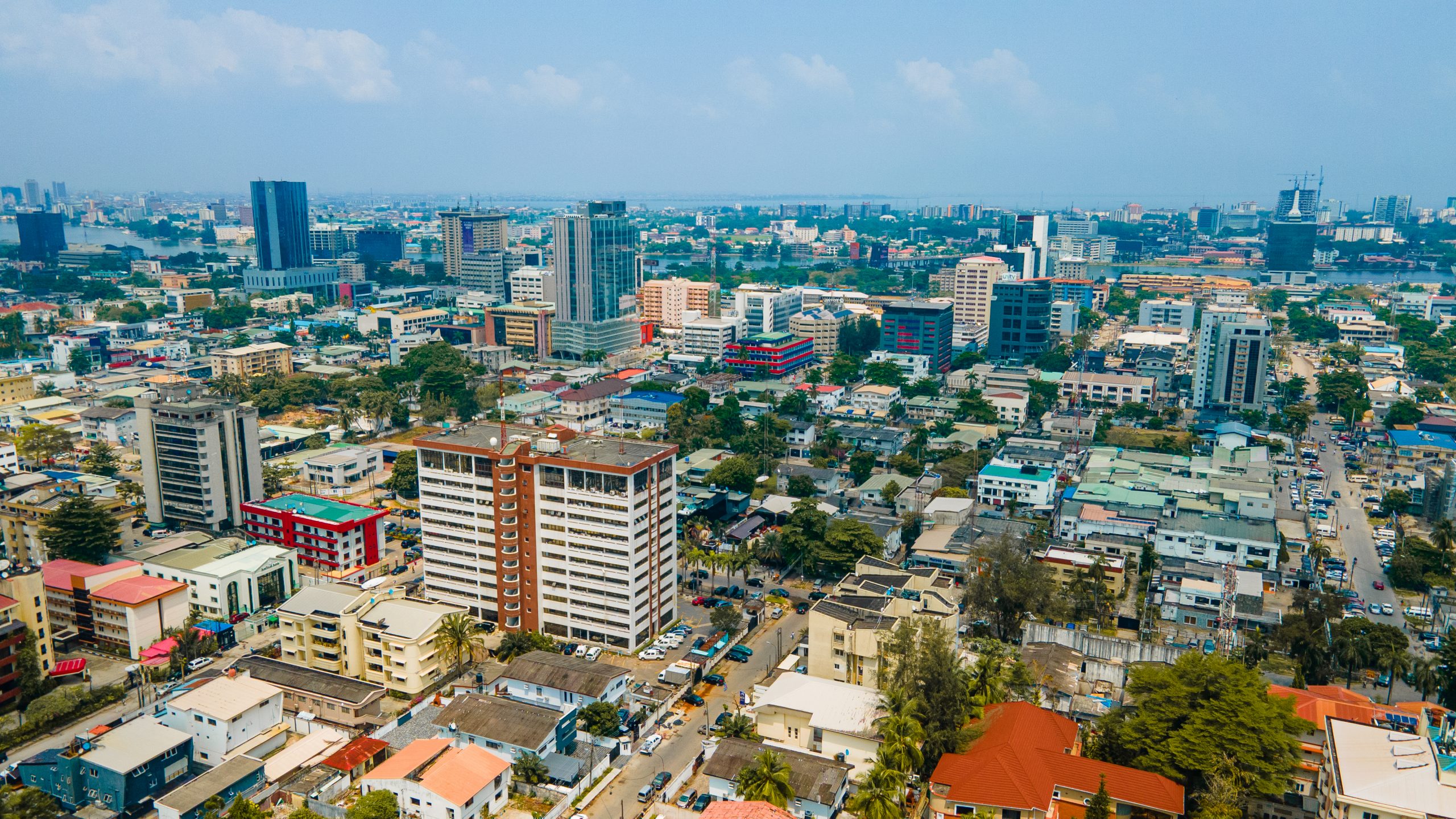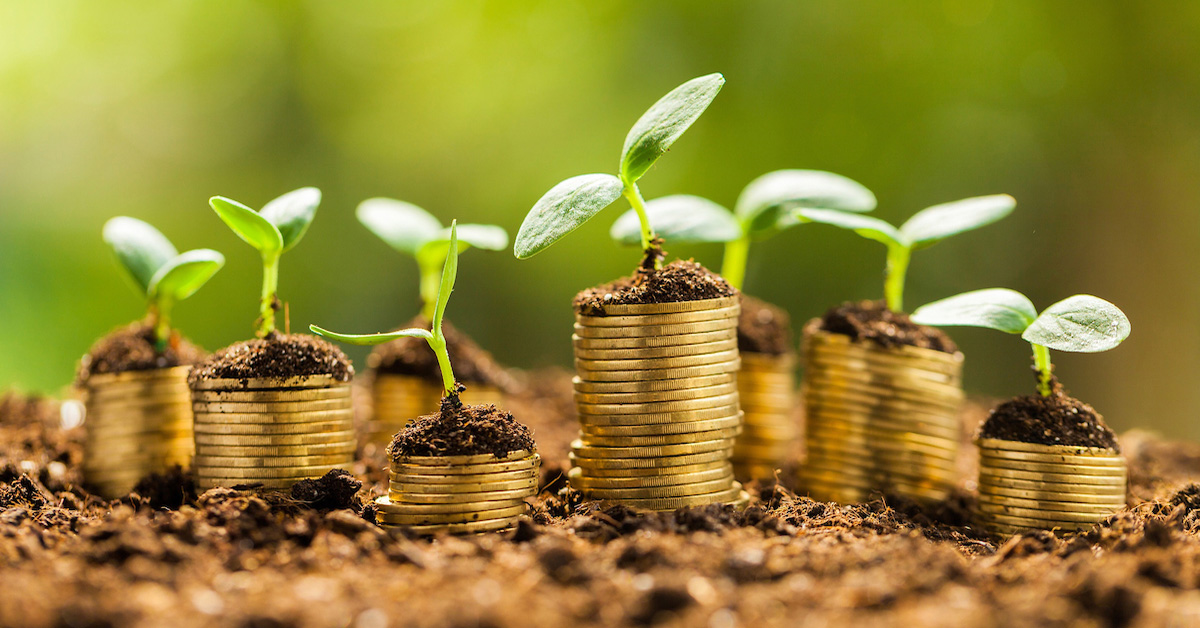Circular economy models offer benefits, however considerable resources are needed to build capabilities and infrastructure and to develop and experiment with locally relevant circular economy business models. Who should pay to support a circular transition and how?
This question is not easy to answer because the “circular economy” refers to a diverse set of activities and investment requirements. In countries where circular economy programmes are most advanced investment and incentives provided by the public sector have played a significant role in stimulating innovation and infrastructure that promote circular activities. This approach is not possible at the same scale in Lagos and we need to think creatively about how to deploy resources and raise capital to build infrastructure, mobilize innovation and create markets for circular products and services.

Infrastructure which is needed to facilitate the transition towards a circular economy includes:
Infrastructure development is a priority for many institutional investors in Nigeria, regardless of whether their interest in the “circular” transition.
Who are the key infrastructure investors in Nigeria, how are beginning to look at investment in circularity and what are their views to grow investment opportunities in infrastructure?

Business innovation is at the heart of the circular transition. Large businesses must re-think how they deliver products and services and how they work with suppliers and competitors. Small and medium sized businesses have big opportunities to work with local materials, deliver locally relevant solutions to a range of different clients and to play a role in infrastructure service delivery.
Yet innovation is both costly and risky. What kinds of organizations nurture circular business ideas in Nigeria and which investors have mandates to support circular business innovation in Nigeria and what do are their expected returns?
Interviews:

“Circular” markets are created when there are incentives to buy and sell circular products and services and it is easier to trade these services. Markets can be created through regulation, however they can also be created by companies, NGOs and associations. To support economic growth, innovation and to meet environmental goals, markets must be transparent and efficient, which is not always easy.
Some ways to create markets for circular products and services include:



